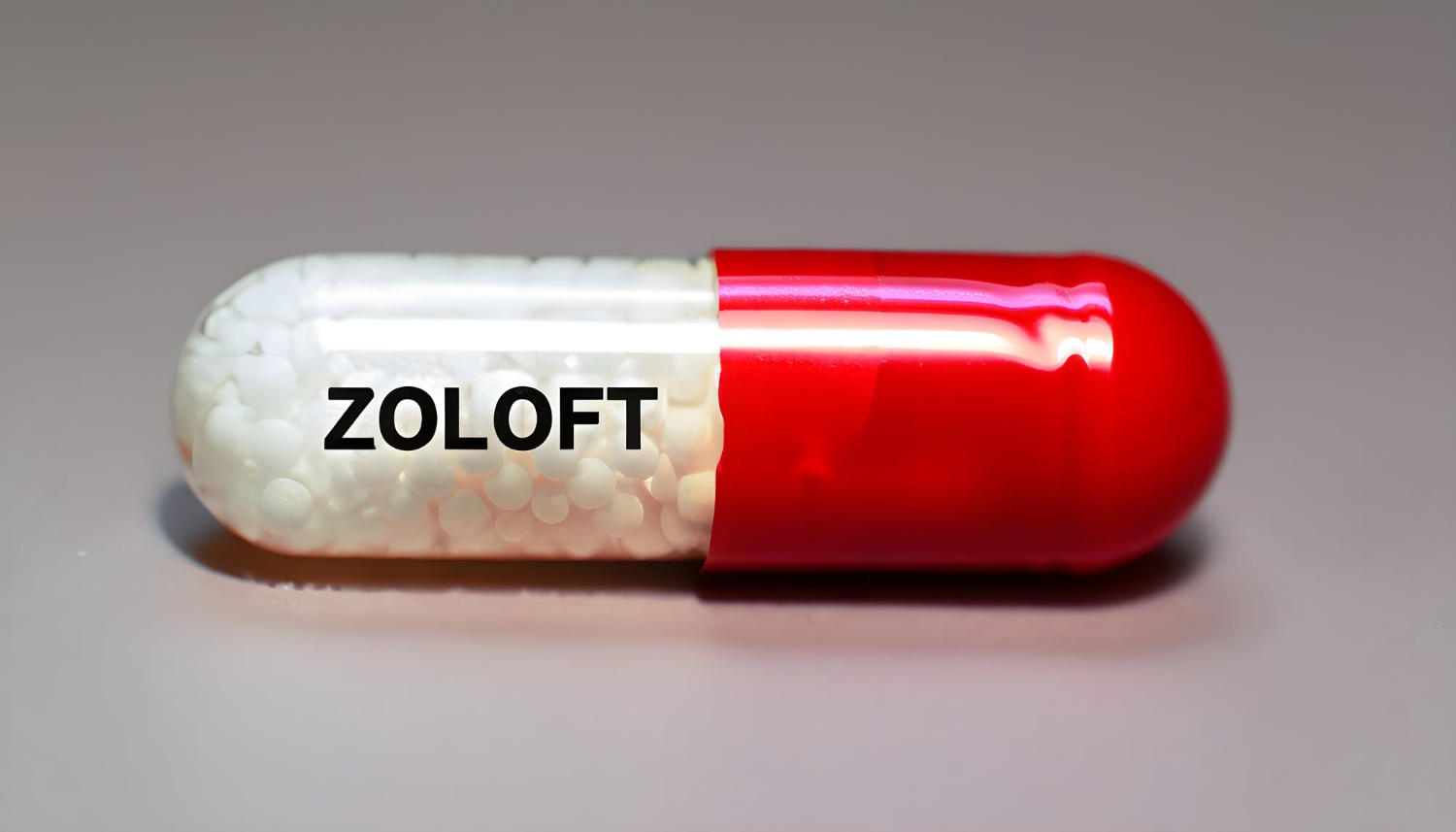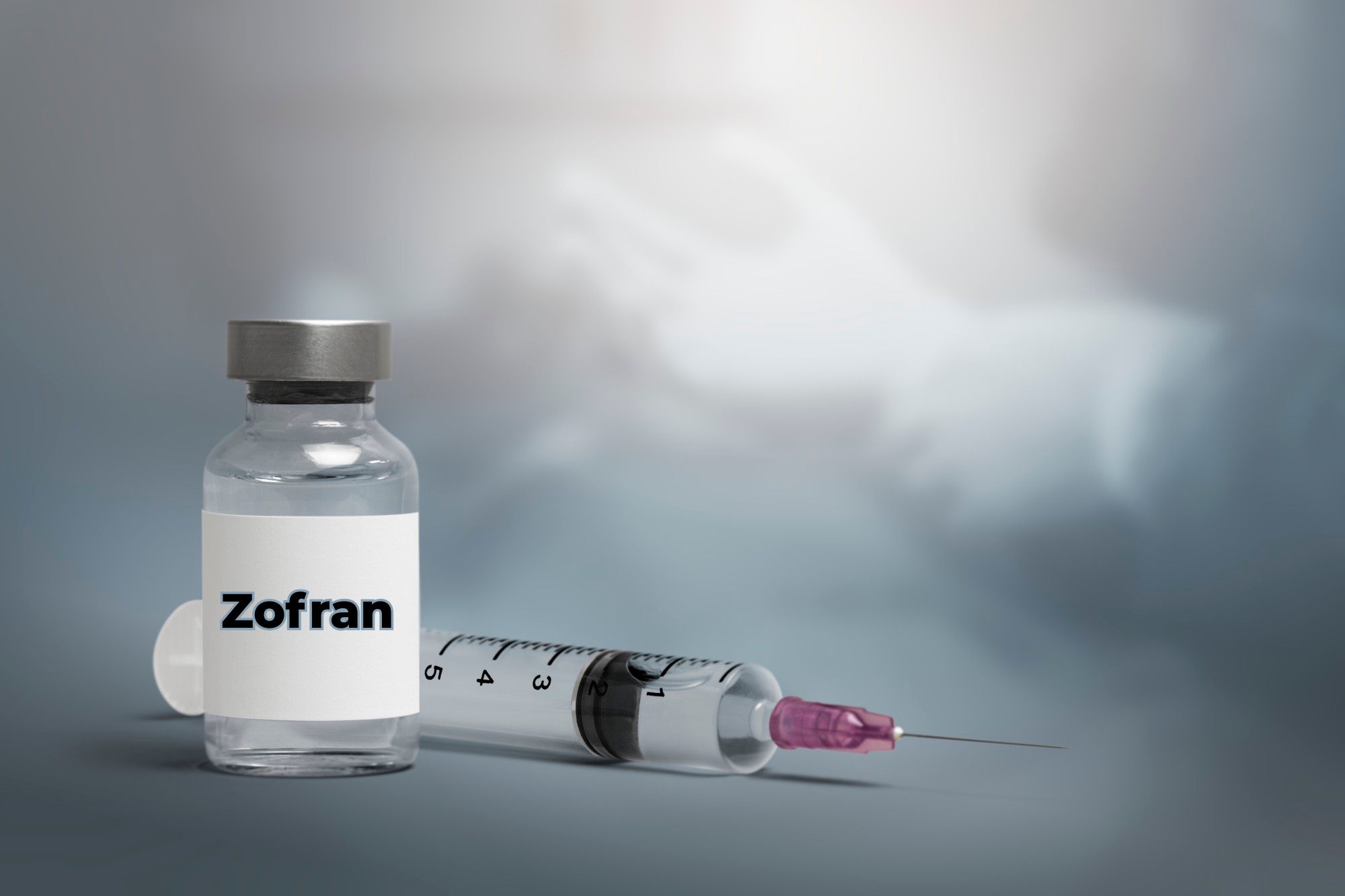Patients consuming Prozac complained of various side effects after usage of this anti-depressant drug which includes loss of appetite, nausea, indigestion, excessive sweating, insomnia, sexual problem, and other physical sufferings. That's not all, Prozac has even led to birth defects, suicidal thoughts, and serotonin syndrome.
Various healthcare professionals have voiced concern over the usage of Prozac during pregnancy. Medical studies have associated the use of SSRIs during pregnancy with birth defects. In the year 2006, FDA has issued a warning to doctors about the risk involved in consuming this antidepressant drug during pregnancy. Some women even sued the maker of Prozac as they had used this drug during pregnancy that resulted in birth defects to their children.
It must be noted that Prozac does come with FDA labeled warning on their packet which states the usage of these SSRIs can lead to suicidal thoughts and behavior in adults. FDA initially issued this warning only for children and adolescents, however, now on May 24, 2007, they even mentioned the risk of suicidal thoughts development in adults.
Prozac also comes along with the risk of serotonin syndrome. SSRI drugs are designed to enhance a patient's mood by increasing the level of a chemical known as serotonin in the brain. However, when this chemical developed excessively in the brain, it can lead to restlessness, high blood pressure, confusion, and muscle twitches. These effects are similar to symptoms associated with methamphetamine.
Selective serotonin reuptake inhibitors (SSRIs) are typically used in the treatment of major depressive disorder and anxiety disorders that work by altering the levels of a mood-enhancing chemical called serotonin. The first SSRI introduced in the market was fluoxetine in 1985. SSRIs are indicated in the treatment of major depression, anxiety disorder, panic disorder, social anxiety disorder, social phobia, bulimia nervosa, obsessive-compulsive disorder, personality disorder, premenstrual disorder and posttraumatic panic disorders. Off-label use of SSRI are a migraine, diabetic neuropathy, neurocardiogenic syncope and fibromyalgia. It was noted when pregnant women consume SSRIs, the risk of autism spectrum disorder and birth defects in newborns increased.The Food and Drug Administration (FDA) has issued alerts regarding unreported side effects of Zoloft, Prozac, Paxil, Celexa, Lexapro, most of which have led to litigation against the manufacturers.
Serious Alleged Injuries May Include:
- Risk Of Birth Defects Including Septal Defect, Coarction Of Aorta, Hypoplastic Left Heart Syndrome (HLHS), Tetralogy Of Fallot, Transposition Of Great Arteries, Congenital Lung And Cranial Defects, Anencephaly, Down's Syndrome, Undescended Testes In Males
- Risk Of Suicidal Attempts And Violent Behavior In Children, Adolescents And Young Adults (Age Group - 18 To 24)
- Increased Risk Of Death In Patients With Coronary Artery Disease.
FDA Safety Warnings:
- In May 1990, the FDA issued alerts regarding unreported side effects of Prozac like suicidal and violent behavior, bulimia, stroke, and hemolytic anemia in children, adolescent and in young adults (ranging from age 18 to 24).
- In 2004, the FDA issued its first black-box warning against Prozac and specially alerted children, teenagers, and health care practitioners about the possibility of suicidal behavior and other deadly effects of the drug
- In 2006, warnings were included to the label about birth defects and autism to the unborn child when used during pregnancy.
- In 2007, the FDA required antidepressant manufacturers to update existing black box warnings about the increased risks of suicidal thoughts and behavior during initial treatment in the first one to two months.
- In January 2013, the FDA approved updated labeling information for Prozac to reflect Monoamine Oxidase Inhibitors (MAOIs), Serotonin Syndrome, Pregnancy.
- In July 2014, the FDA required drug manufacturers to include an additional warning on the labels of Prozac including other medicines for treating a major depressive disorder. The warning was related to a potential complication caused by pupillary dilation, a side effect antidepressants, called angle-closure glaucoma.
Guidelines to be followed:
Before a patient starts using fluoxetine, the medication guide provided by the pharmacist must be read including at times of refill. Questions to be addressed to the doctor or pharmacist. The doctor decides the dosage taking into account the medical condition and response to the treatment. Usually, to avoid side-effect risks, the doctor starts the treatment at a low concentration to be increased gradually. The patient is expected to follow his doctor's instructions carefully. To get the maximum benefit, patients are advised to take the medication regularly, and at the same time each day to avoid skipping it.
Patients are advised to continue the medication even if they see signs of feeling well. The medication should be stopped only after consulting the treating doctor. In case the medication is stopped abruptly, some conditions may show signs of worsening. The dose may be gradually decreased if need be. Some improvement is expected to be noticed in 1 to 2 weeks. The full benefit may take 4 to 5 weeks. The doctor must be informed if the condition does not improve or worsens.
Legal Updates:
Eli Lilly faced several lawsuits since the 1990s alleging it failed to warn that the drug could cause violent behaviors and suicidal thoughts. More lawsuits were filed when the FDA warnings for increased risk of birth defects were announced.
In 1992, a federal judicial panel moved 75 federal Prozac cases to multidistrict litigation (MDL) 907 (In re Eli Lilly & Co., Prozac Products Liability Litigation before Judge Dillin) in the U.S. District Court for the Southern District of Indiana. Hundreds of individual cases were filed across the country.
Eli Lilly provided at least of $50 million as settlement amount for resolving more than 30 lawsuits, most of which were of homicide and suicide by the year 2000.
Following this, the cases qualifying for the settlement criteria were closed; the remaining plaintiffs had to voluntarily dismiss their lawsuits owing to lack of evidence.
Patients who have been damaged after taking Prozac have filed lawsuits against Eli Lilly, manufacturer of this antidepressant drug. The plaintiff list includes women who have given birth to children with defects due to the use of Prozac during pregnancy. Apart from this, there are claims from families whose loved ones have died due to suicide after taking Prozac. Some patients have even sued the manufacturer for the development of serotonin syndrome.
Plaintiffs allege that Prozac makers have allegedly failed to warn prescribers, doctors, and patients of the risk associated with the use of this SSRI. They state that have they been warned, they would have stayed away from this antidepressant drug which has caused severe damage due to their life. Lawsuits have also been filed on the basis that Prozac did not perform accurate testing of their drug before making it available for consumers. However, the manufacturer states that claims filed by patients have no proper linkage with their drug.
July 2020: Study:
The August 2020 edition of The Lancet Neurology published the findings of a study on Prozac conducted by researchers with the AFFINITY trial collaboration. The study was conducted on stroke patients in Australia, New Zealand, and Vietnam. The researchers objective was to test whether the stroke patients would benefit from taking Prozac during their recovery. As per their findings, patients were unable to recover from a stroke while being on Prozac, and broken bones, risk of falls, and seizures were noted to be associated with its side effects.
The findings highlighted that as compared to patients on placebo, patients recovering from a stroke who were given Prozac showed no significant recovery, and had three times as many bone fractures, three times the number of falls, and more epileptic seizures.
43 hospital stroke units in Australia, New Zealand, and Vietnam e double- blind randomized, and 1,280 patients who were randomly assigned either Prozac or a placebo for six months were involved in this double-blind randomized clinical trial. As per the patient profile: Patients were 18 years old or older, and received a clinical diagnosis of acute stroke in the previous 2-15 days, confirmed with brain imaging, and diagnosed with a persisting neurological deficit on a modified Rankin Scale (mRS) score of one or more.
Evidence:
- Usage Of Prozac In Pharmacy Records.
- Duration Of Prozac Usage In Pregnant Females And In Children/Young Adults From Pharmacy Records
- Diagnosis And Treatment Of Birth Anomalies In Child; Suicidal Tendency And Violent Behavior In Children/Young Adults After Prozac Intake
- Treatment Required For Birth Related Defects In Child
Medical Record Review and claim validation of Prozac case should take approximately 2 hours in most instances; however, this approximation may vary in cases based on the volume of records.




